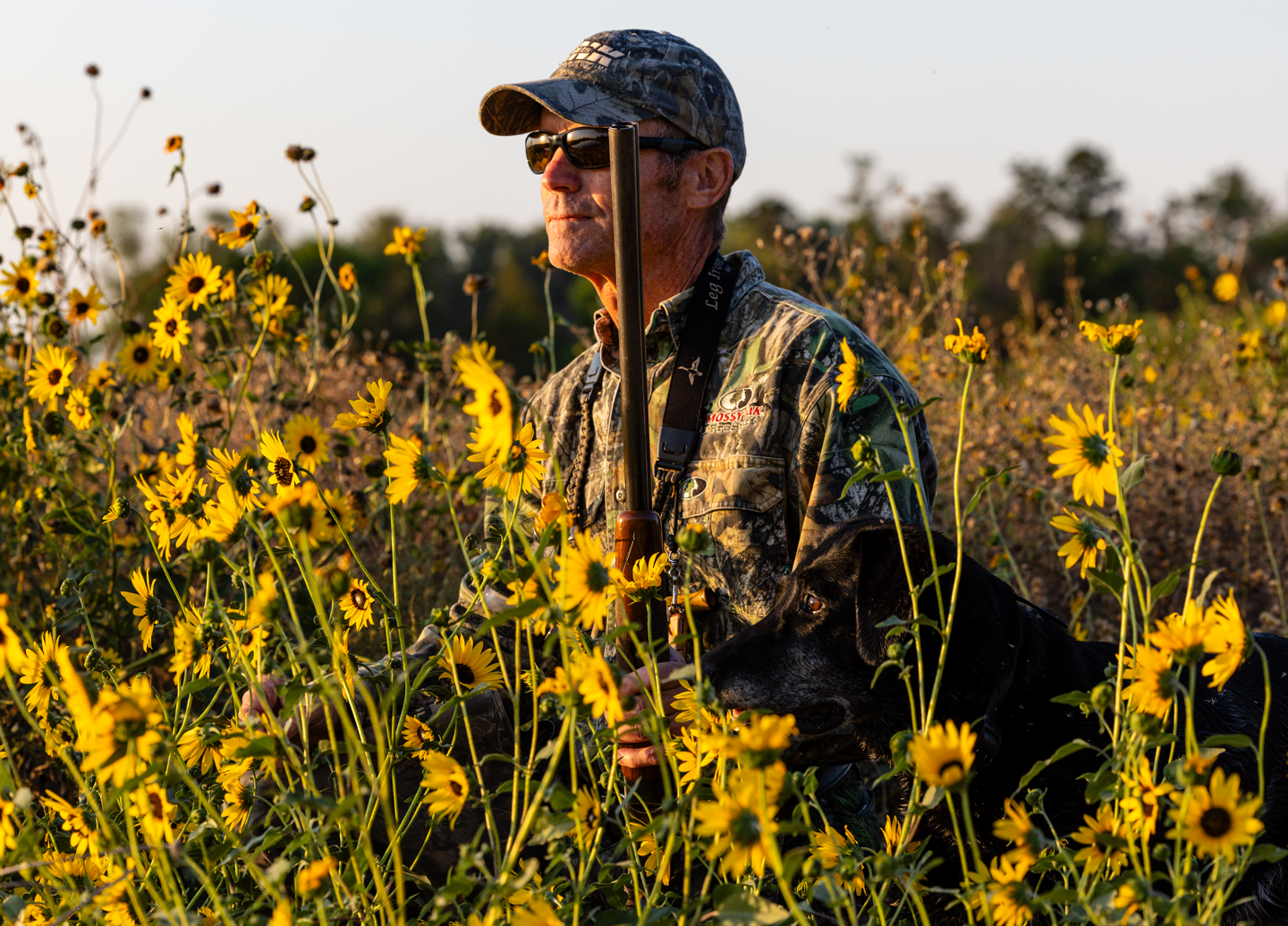
By Todd Mills
A wise dog trainer told me years ago that a hunting dog really has no off-season. Although true, the reality is life can get in the way. Summer activities, kids’ activities, lack of training ground and weather all play factors in losing focus on getting your dog in early season form. More times than not, your dog can get neglected.
If you want your dog to perform at its best, the work doesn’t start in the blind or the uplands — it starts in August. A few focused weeks can make the difference between a sluggish pup and a strong, steady hunter.
The Earlier, the Better
Coming off a long winter, especially in the Midwest, many dogs have spent months with limited activity. By early August, it’s time to build their stamina. Begin with daily walks, gradually working in short training sessions and longer off-leash runs. If your water dog hasn’t seen water in a while, reintroduce these retrieves. Even just 30 minutes a day of consistent activity helps condition joints, build endurance and sharpen focus. Walking them is not enough here. The more you can replicate hunting situations, the better your dog will adapt in September.
Know Your Dog
Just like us, every dog is different. Some bounce back quickly, others need more ramp-up time. Pay attention to how your dog handles heat, terrain and pressure. Watch for signs of fatigue and any early signs of heat stroke. Training in the early mornings or evenings is preferable. The key is consistency without overdoing it — don’t expect your dog to be in mid-season shape on day one. For example, I have an 11-year-old Lab that spends a lot of time in the water before we go on land in early August. Water is better on her joints and builds up her cardiovascular system without compromising her hips.
Feed for Performance
As activity levels rise, your dog’s nutritional needs change, too. Transition from maintenance food to a performance formula with higher fat and protein content. Stay consistent with feeding times and ensure your dog has plenty of clean, cool water —especially after training. Hydration is just as crucial as calories.
A word of caution here: The most important factor for keeping your dog in the field longer as they age is keeping their weight down. Over the years I’ve seen dogs and hunters pack on the weight in the off-season, hindering their ability to hunt hard once opening day comes. Also, don’t skimp on the quality of food. A recent change in my older dog’s diet has probably added a year or two to her hunting career.
Do this work now so you have a quality hunting partner all season long.
